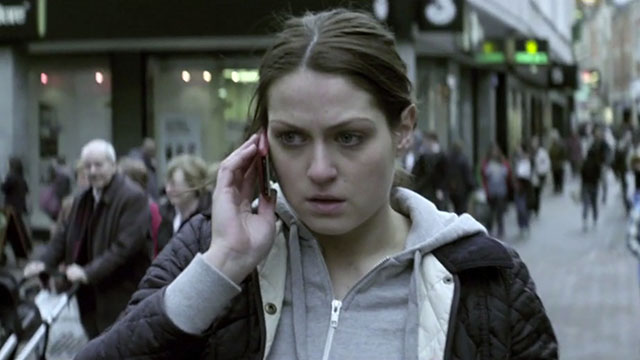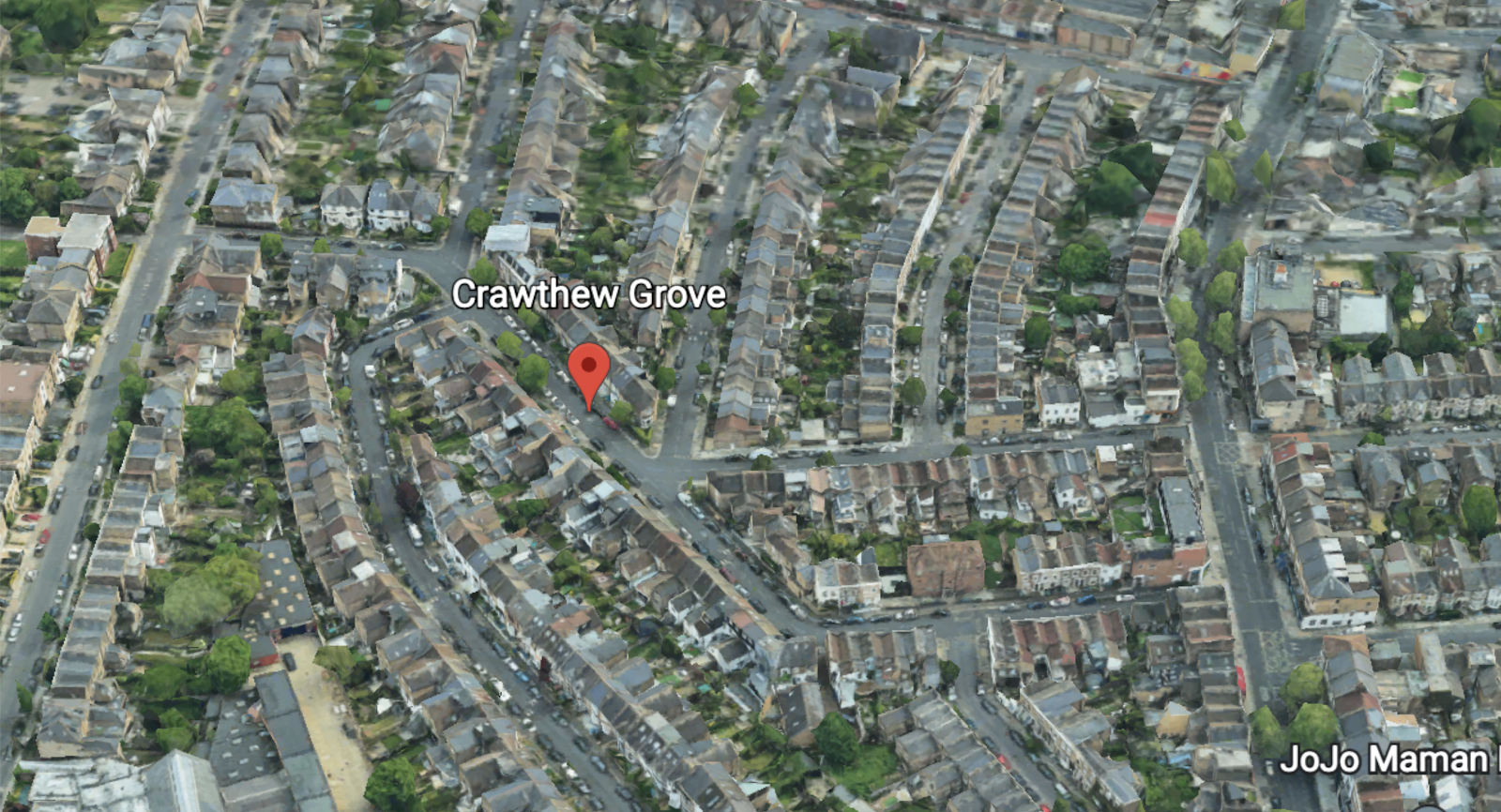Echo

A young girls receives a phone call delivering some tragic news but her unexpected reaction reveals there is more to this call than first appears. (IMDB)
Performance
- Very convincing in how distressed and upset and panicky she is - she's so consumed in the moment - emphasizes the first twist, we're conned along with the bystanders who help.
But as it's revealed that her dad was actually involved in an accident, we realize the truth to how emotive she becomes - tragic
- Very convincing in how distressed and upset and panicky she is, through her uncontrollable crying - her performance tricks us along with the bystanders who help her, making the first twist even more devastating as we quickly begin to detest her. But as we learn there is some truthfulness and sincerity to what she's doing, our opinion of her shifts again, leaving us unsure of whether we should be disgusted by how manipulative she is or distressed by this desperate cry for help, and sympathize with her.
Narrative
- Ambiguity - not clear weather that final phone call she takes is in fact the first she received the phone call about her dad. Not necessarily arranged chronologically/ in a linear fashion
- First phone call - observational, static long shots about actors performance. Final - jump cuts, handheld camera , intimate, gravitational movements of camera. Sounds and actions out of sync with each other - adrenaline spike in that moment - perhaps this was thereal call.
- Very little independent camera movement - static, we observe and follow them.
- How does this compare to the other short films we have studied?
Longer, not necessary arranged chronologically
- What are the themes of this short film?
Faint echo of real events, loss, deception, death
- What is your response to the main character? How does this change?
Initially sympathize with, we quickly grow to hate her and feel utter disgust. And then we are left uncertain weather or not we should pity, hate or sympathize with her, especially because of the ambiguity of the ending
- How is the film structured - what knowledge do we have and when? How does this affect our viewing experience?
Our opinion of the main character is constantly changing - we aren't told about her dad's death at the start, so we resent her. This quickly changes as we learn the truth leading to mixed emotions.
- Is there a distinct beginning-middle-end?
No
- Consider the ending - is it closed/open? Satisfactory?
Open -
The ending is ambiguous - not clear weather that final phone call she takes is in fact the first time she received the phone call about her dad, if it was her just carrying out another one of these cons. Not necessarily arranged in a linear fashion.
The ending leaves us unsure of how we should feel about the character, weather we should be disgusted of how manipulative she is, or sympathize with her and her distressed cries for help.
- As always, what inspiration can you take from this short film, for your own short film? Consider some use of micro-elements that you could use, and some genre/narrative element you could use.
Misleading the audience and creating a hierarchy of knowledge where the audience isn't at the top - keep it interesting

Comments
Post a Comment